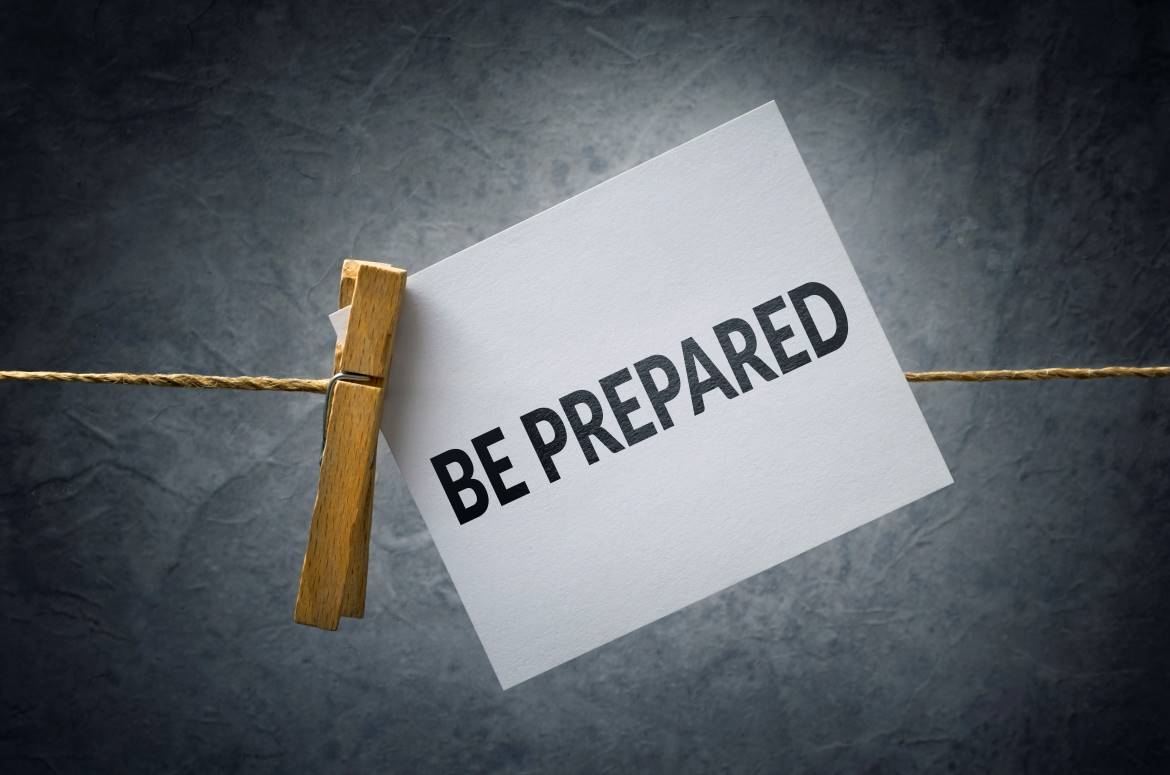
Homeownership is a dream for many Americans, but most don’t know where to start or are crippled by fears that they’re not prepared. Getting the right mortgage for you is a big part of the homebuying process. There are many options to choose from that offer different interest rates, adjustable vs fixed, term lengths, government funded, etc. Coming to your Loan Advisor with a complete and thorough financial profile will help them better help you choose the best mortgage for you. Follow these steps to make sure you’re financially prepared to make the smartest mortgage decision!
Save 3-6 months of expenses
Take the money you may have been using to pay off debt to build an emergency fund. A comfortable emergency fund covers approximately 3 - 6 months of expenses in case anything happens with your job, your car breaks down, major vet or hospital bills spring up. Emergency funds help you from slipping back into debt.
In emergency situations, you could use your credit card or a personal loan to fill the gap, but will just result in more debt. To get a good estimate of the right emergency fund for you, map out your current monthly expenses to get a good idea of how much you spend each month. Be sure to include both fixed and variable expenses like:
- Rent & utilities
- Insurance
- Debt - credit card, student loans, car loans, etc.
- Healthcare
- Childcare
- Groceries
- Transportation - gas, metro card
- Extras
Be sure to choose a savings account with a high yield APR (annual percentage rate) so you get the most bang for your buck!
Analyze total cost of debt
A key part of getting the right mortgage is understanding how much house you can afford. If you can afford a $2,500 rent payment, it doesn’t directly translate to a $2,500 monthly mortgage payment. There are other costs to think about when it comes to owning a home like homeowner’s insurance, origination fees, maintenance fees, etc. that must be incorporated into your monthly estimate.
Use our Mortgage Calculators to calculate your monthly costs and see how it plays out over time. You can enter your preferred monthly payment amount, down payment, and more to see what you qualify for using our Home Loan Estimator calculator. You can also input your current income, debt, and other financial information to see what sort of mortgage options are right for you with our Income & Debt Calculator.
Pay off all consumer debt
Your debt-to-income (DTI) ratio is a major component of your mortgage application. We will look at your overall income compared to your overall debt to determine if you have the financial bandwidth to handle a mortgage payment. Ideally, you want your DTI as low as you can get it, which means reducing your overall debt (mortgage aside of course).
Start by making a list of all your debts - credit cards, student loans, medical bills, car payments, etc. Organize them by balance from smallest to largest (interest rate aside) and start with the lowest (and easiest) debt to knock out, moving down the list. This is called the debt snowball method, and you’ll use it to knock out your debts one by one.
Analyze strategies to reduce debt cost
Getting a mortgage is adding to your overall debt (but you’re gaining financially in the long run!), so you want to make sure that you’re not accruing too much debt outside of your new home. It can be really easy to quickly fall back into a pile of debt, but significantly harder to pull yourself out of it. Here are a few strategies to avoid accumulating more debt.
- Don’t create more debt - This won’t get you out of existing debt, but it won’t add to it either and will make tackling any existing debt that much easier.
- Increase your monthly payments - The less you pay towards your debt each month, the longer it will take to pay off, thanks to interest rates (especially high credit card rates). Making the minimum payment on your credit card can result in years of unnecessary accrued interest that can add thousands of dollars to your initial owed amount. Try to pay bigger chunks where you can.
- Create a budget - Find ways to reallocate your money to put more towards your emergency fund (which you can use in times of need vs putting it on your credit card and adding to the debt pile), or make larger monthly payments. Creating a budget lets you take an honest look at where your money is coming in and where it goes.
Now that you’ve got your finances in order, it’s time to start shopping for mortgage options and homes! Think about talking to a financial advisor to make sure you’re taking the right steps towards organizing your finances and saving for a down payment. If you have questions about particular mortgage products, we’ll be happy to talk through them with you!



